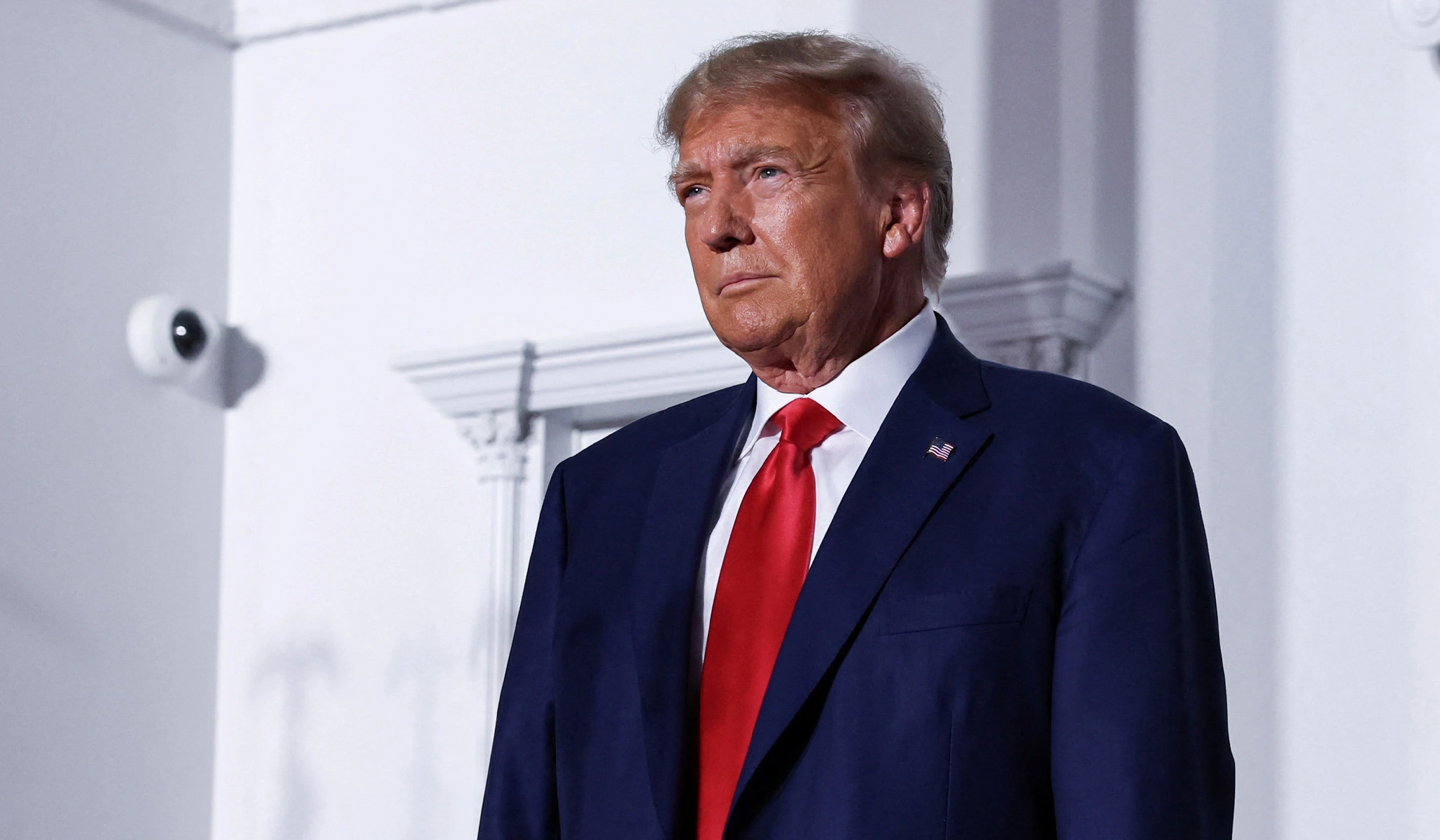The Presidential Records Act (PRA) cannot be used as a defense for President Trump’s alleged retention of national-defense information, according to legal analysis. The PRA specifically excludes agency records, such as classified intelligence reporting, from the definition of “presidential records.” Intelligence reports generated by U.S. spy agencies are considered agency records, as these agencies are created and authorized by Congress. The PRA does not cover agency records, and therefore cannot be used to defend Trump’s actions. The argument that the Judicial Watch v. National Archives and Records Administration case supports Trump’s defense is unfounded, as that case involved nonclassified tape recordings made by President Clinton, not agency records. Additionally, the PRA only allows a president to retain personal records, such as diaries or journals, not agency intelligence reports. The case against Trump revolves around his alleged unlawful retention of classified agency records, which are explicitly excluded from PRA coverage. The PRA does require the president to designate documentary materials as either presidential or personal records, and consult with the archivist if materials are to be disposed of. In the Clinton case, it was ruled that the National Archives and Records Administration (NARA) did not have the authority to force Clinton to archive the tapes, but other arms of the government could have taken action. The PRA does not have enforcement provisions, and Congress trusted presidents to comply with its requirements. The inclusion of another criminal statute, Section 2071, in the search warrant for Mar-a-Lago was controversial, as it expanded the scope of the warrant beyond the PRA’s provisions. The indictment against Trump did not include the Section 2071 offense, but it would have raised legal questions if it had. The courts would likely side with the prosecutors, as Section 2071 applies to government officials and Trump did not comply with the PRA. The case of Judicial Watch v. NARA would not have helped Trump significantly, as it was a district court opinion that did not challenge Clinton’s noncompliance with the PRA. Trump will have arguments against the indictment, but the government’s enforcement of criminal laws protecting national-defense information and obstruction statutes is legitimate and necessary. The indictment does not rewrite the PRA, as it only applies to presidential records, not agency records or national-security agency records.

